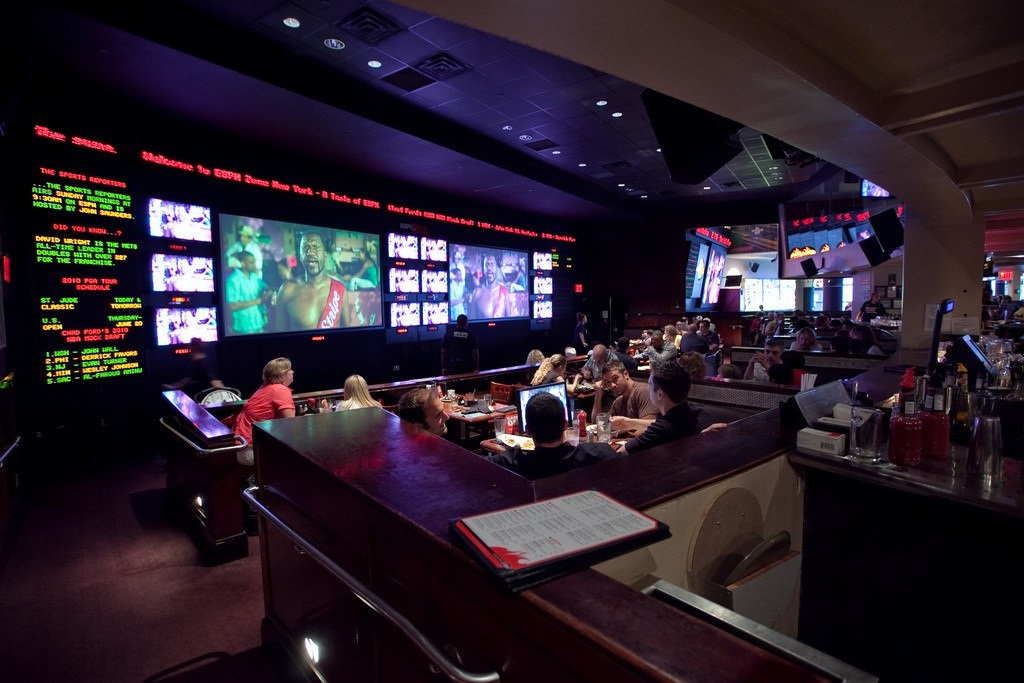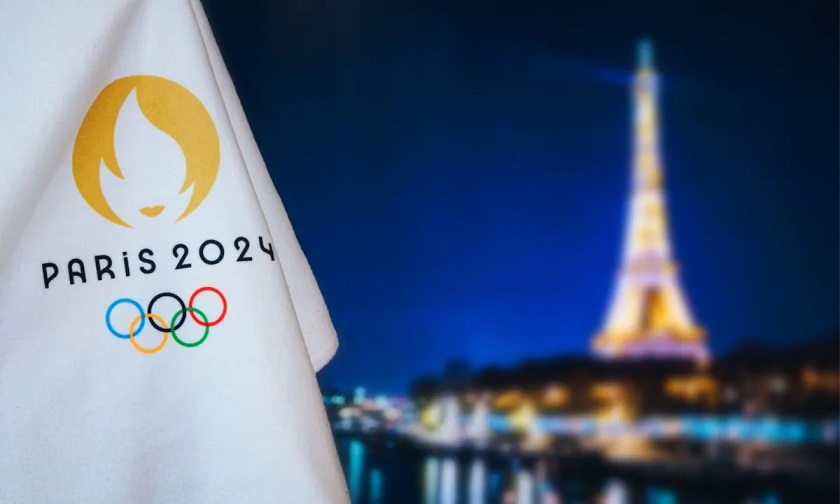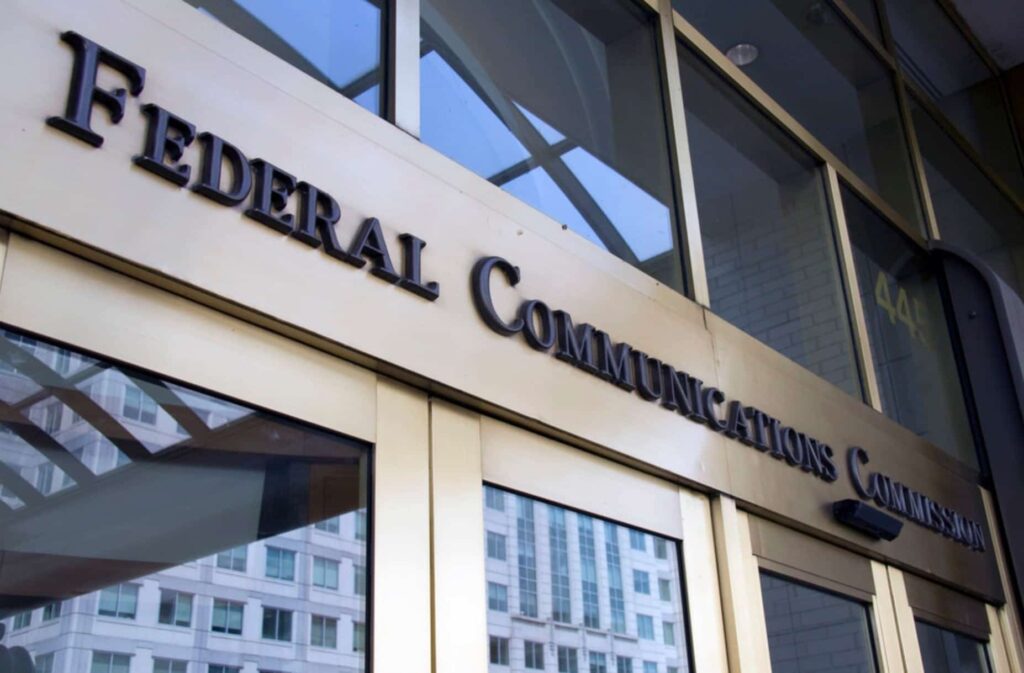Seattle, Washington, passed a bill that requires televisions in all of the city’s public spaces to show closed captioning whenever those TVs are on. This includes bars, restaurants, fitness centers, and hospital waiting rooms.
Seattle businesses already are required by law to turn on closed captioning if someone requests they be turned on. The new legislation effectively places the responsibility on businesses to turn on captions rather than on the person asking for captions.

Seattle follows a number of other cities, including Rochester, New York; San Francisco, California; Portland, Oregon; Ann Arbor, Michigan; and Pawtucket, Rhode Island, with similar ordinances.
Since their introduction to television audiences in the early 1970s, closed captions have expanded beyond the media and entertainment borders. They are now ubiquitous in corporations, classrooms, sporting events, arena-filled concerts, and everywhere inclusion and accessibility is required and desired.
Myriad Benefits
There are more than 50 million Americans in the deaf and hard-of-hearing community who benefit from captioned content each day. Included in that number is:
- an estimated 1 in 5 teens who experience some degree of hearing loss;
- millions of people over the age of 62 who suffer from hearing loss but do not use hearing aids; and
- more than 2.5 million veterans who receive disability compensation for service-connected hearing disabilities or who are in treatment for related hearing issues.
But the deaf and hard-of-hearing aren’t the only consumers of closed captions. Add the growing number of Americans who watch content in environments where it’s impossible to hear the audio and the number of people who rely on captions grows substantially larger.
VITAC has been a leader in captioning and accessibility services for the past three decades, and creates only the highest quality live and offline captions. As the largest provider of media and entertainment captioning in the industry, we caption for more than 100 broadcast and cable networks.
So whether you’re at a restaurant in a city with captioning laws or just spending time at your local watering hole, ask the bartender or manager to grab the remote control and turn on the captions. Providing captions creates a more inclusive world and benefits all people — deaf and hearing — by enabling information access to all.




